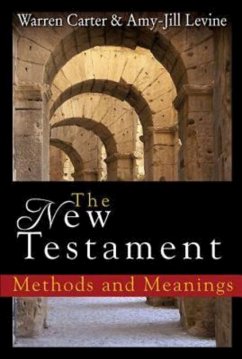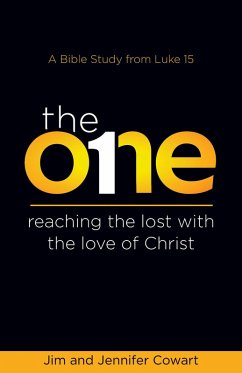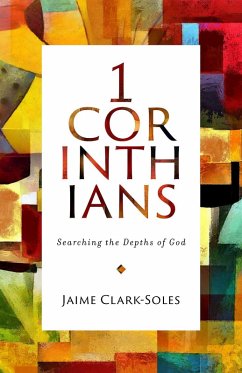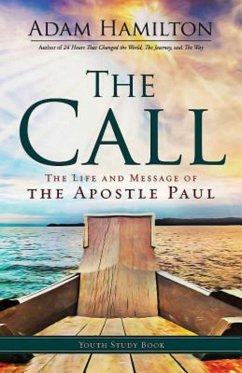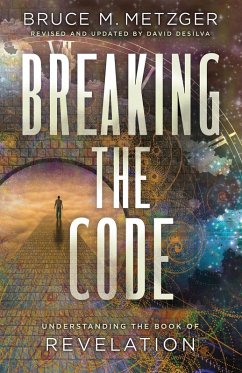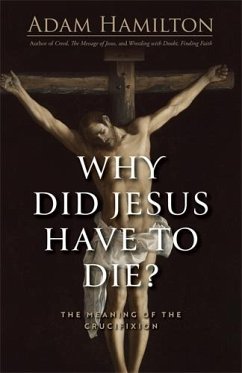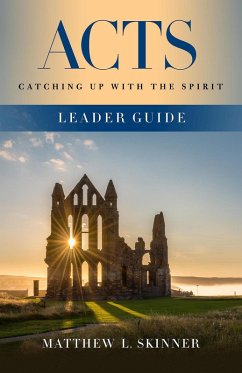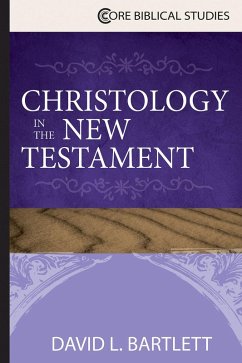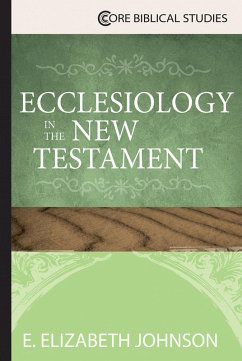
Ecclesiology in the New Testament (eBook, ePUB)
Versandkostenfrei!
Sofort per Download lieferbar
17,95 €
inkl. MwSt.
Weitere Ausgaben:

PAYBACK Punkte
9 °P sammeln!
The earliest Christians thought of themselves in communal terms. They did not simply make individual commitments to Jesus as God's messiah; they constituted themselves as communities shaped by the in-breaking of God's realm. They likely learned to do so from Jesus himself. When he summoned an inner circle of his followers and numbered them twelve, he signaled that his ministry had the character of a reform movement within Israel.In his work of preaching, healing, exorcism, and prophetic sign actions, Jesus shaped his followers into what would eventually become the church. By transgressing cont...
The earliest Christians thought of themselves in communal terms. They did not simply make individual commitments to Jesus as God's messiah; they constituted themselves as communities shaped by the in-breaking of God's realm. They likely learned to do so from Jesus himself. When he summoned an inner circle of his followers and numbered them twelve, he signaled that his ministry had the character of a reform movement within Israel.
In his work of preaching, healing, exorcism, and prophetic sign actions, Jesus shaped his followers into what would eventually become the church. By transgressing contemporary religious and social boundaries in his ministry, he planted the seeds of the church's later inclusion of non-Jews.
This book will investigate New Testament texts about the church from a comparative standpoint. That is, the various authors adopt different metaphors for their communities-family, assembly, nation, priesthood, and so on--to make varying claims about how they ought to live together and how they ought to live among their neighbors. In their descriptions of themselves as the church, Christians implicitly and explicitly describe their theology but also the Roman empire, the Jerusalem temple, the synagogue, popular philosophical circles, and first-century domestic order.
In his work of preaching, healing, exorcism, and prophetic sign actions, Jesus shaped his followers into what would eventually become the church. By transgressing contemporary religious and social boundaries in his ministry, he planted the seeds of the church's later inclusion of non-Jews.
This book will investigate New Testament texts about the church from a comparative standpoint. That is, the various authors adopt different metaphors for their communities-family, assembly, nation, priesthood, and so on--to make varying claims about how they ought to live together and how they ought to live among their neighbors. In their descriptions of themselves as the church, Christians implicitly and explicitly describe their theology but also the Roman empire, the Jerusalem temple, the synagogue, popular philosophical circles, and first-century domestic order.
Dieser Download kann aus rechtlichen Gründen nur mit Rechnungsadresse in A, D ausgeliefert werden.





